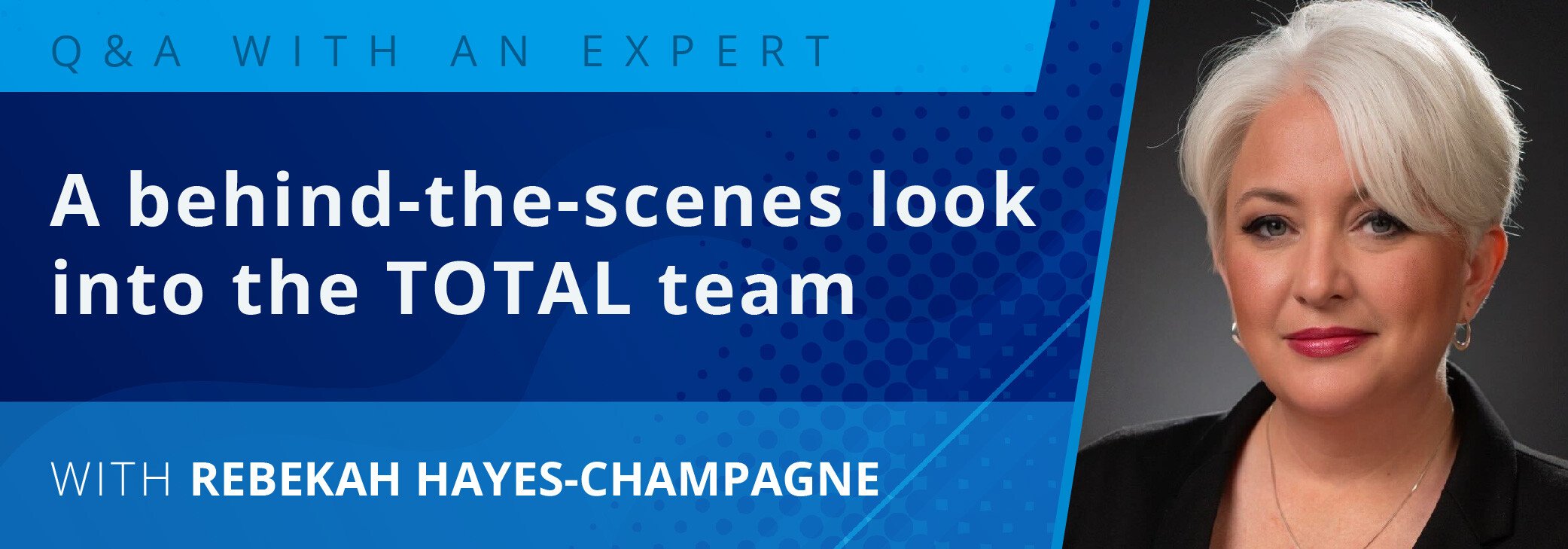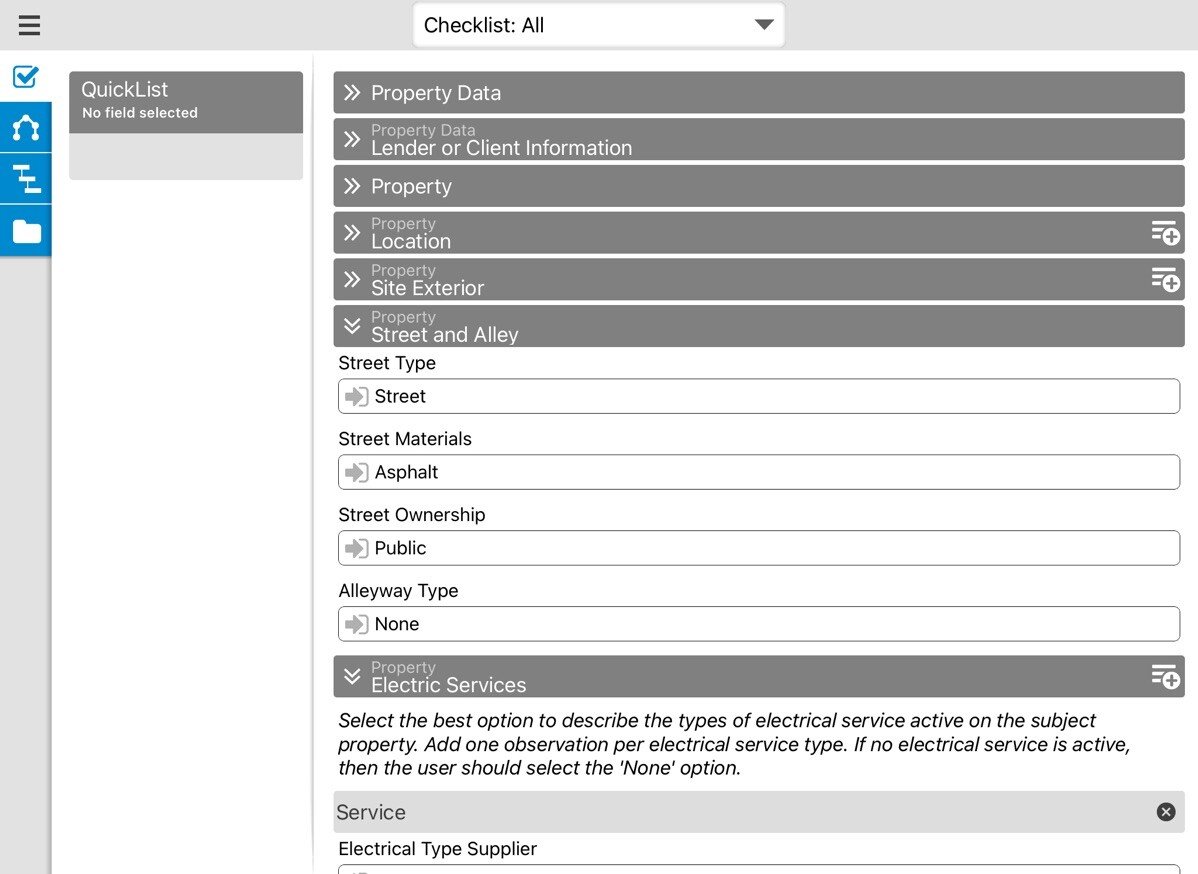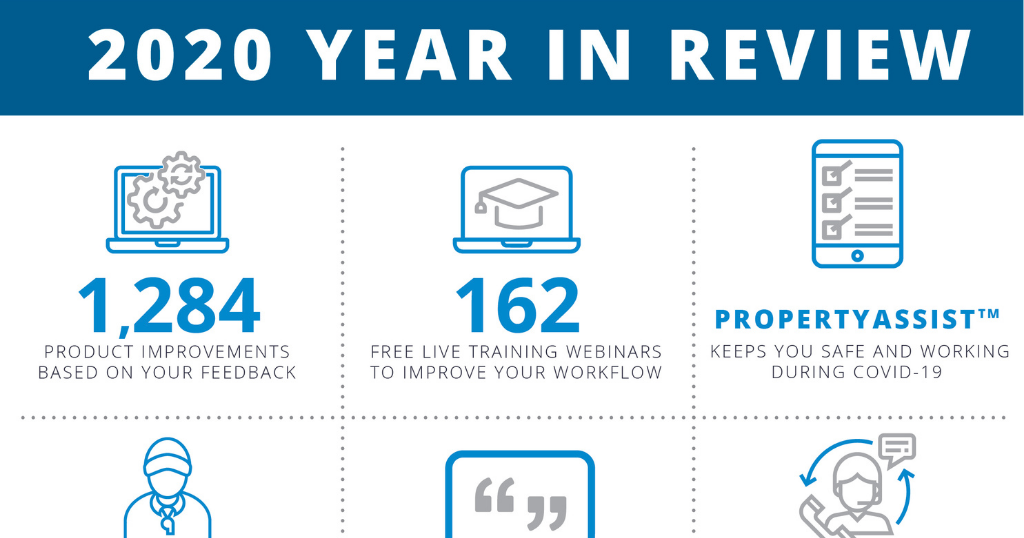The Department of Labor’s final rules governing overtime pay and eligibility for mortgage brokers and other white-collar workers went into effect last week. It's the first major overhaul of the Fair Labor Standards Act’s Overtime Security Rule in four decades — one that the mortgage industry is welcoming with open arms.
The updated rule, which became effective Monday, clarifies ambiguous and confusing overtime regulations that were first created in 1939 and have not been substantially updated since 1949. For the mortgage industry, the new rule exempts loan officers from overtime pay eligibility and makes the rules regarding overtime pay more consistent with actual industry practice.
The industry has long held that loan officers are exempt from the government's overtime pay requirements. "A loan officer of a mortgage broker must make certain judgments when assisting consumers in financing the most important purchase of their lives," former National Association of Mortgage Brokers’ (NAMB) President A.W. Pickel, III, CMC said in April when the changes were announced. "It’s a job that requires a high degree of skill and judgment. The old regulations didn’t take this into account, the new regulations do."
The rule also includes several broad exemptions from overtime pay for various kinds of employees, including one for qualifying "administrative" staff. In the financial services industries, employees will be included in the administrative exemption if their duties include: "collecting and analyzing information regarding the customer's income, assets, investments or debts; determining which financial products best meet the customer's needs and financial circumstances; advising the customer regarding the advantages and disadvantages of different financial products; and marketing, servicing or promoting the employer's financial products."
According to U.S. Secretary of Labor Elaine L. Chao, the new rule guarantees overtime protections to 6.7 million workers earning $23,660 per year or less. About 1.3 million salaried white collar workers will gain up to $375 million in additional earnings per year. Another 5.4 million salaried workers will get a guarantee of overtime rights.



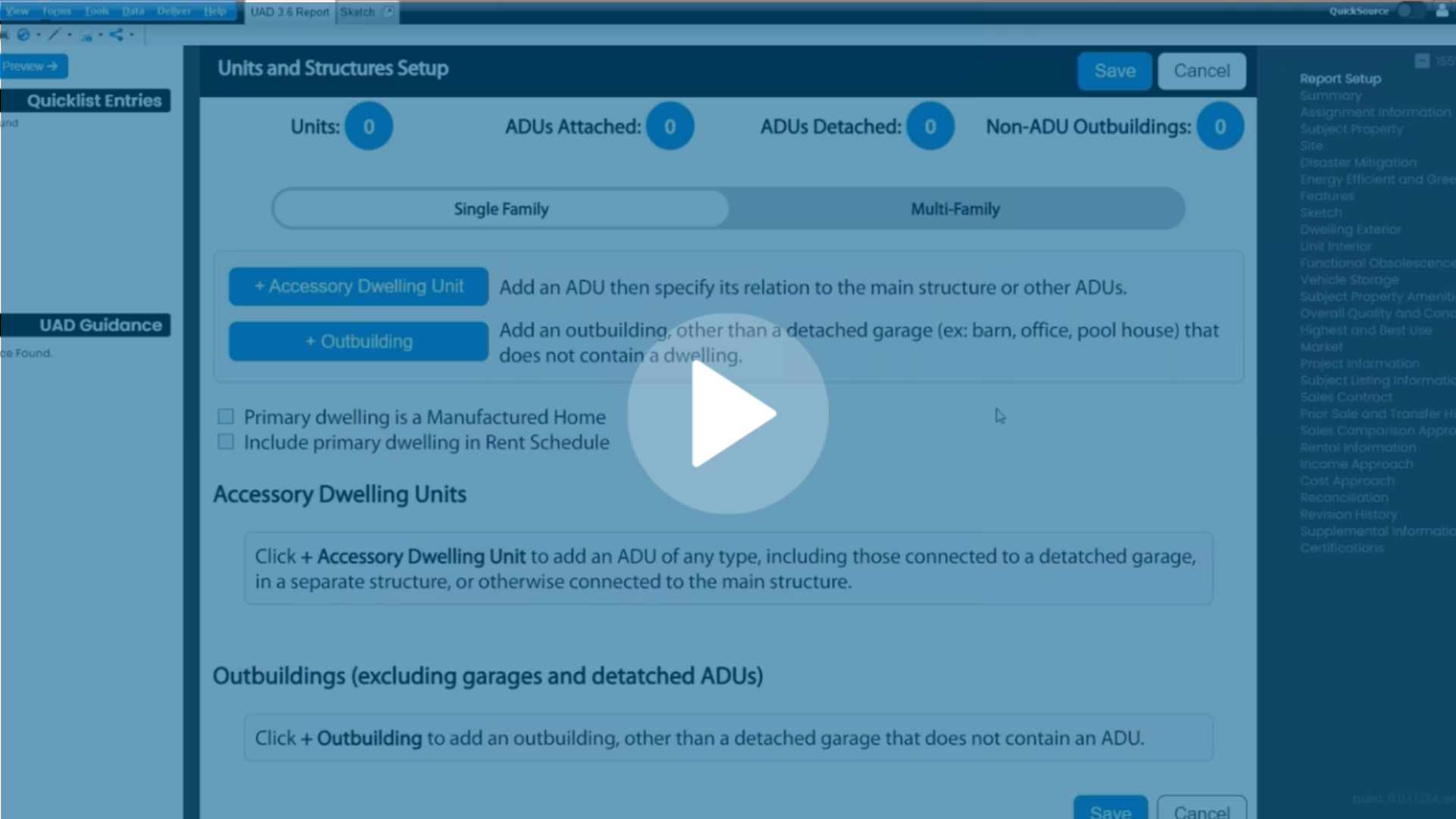
.png)

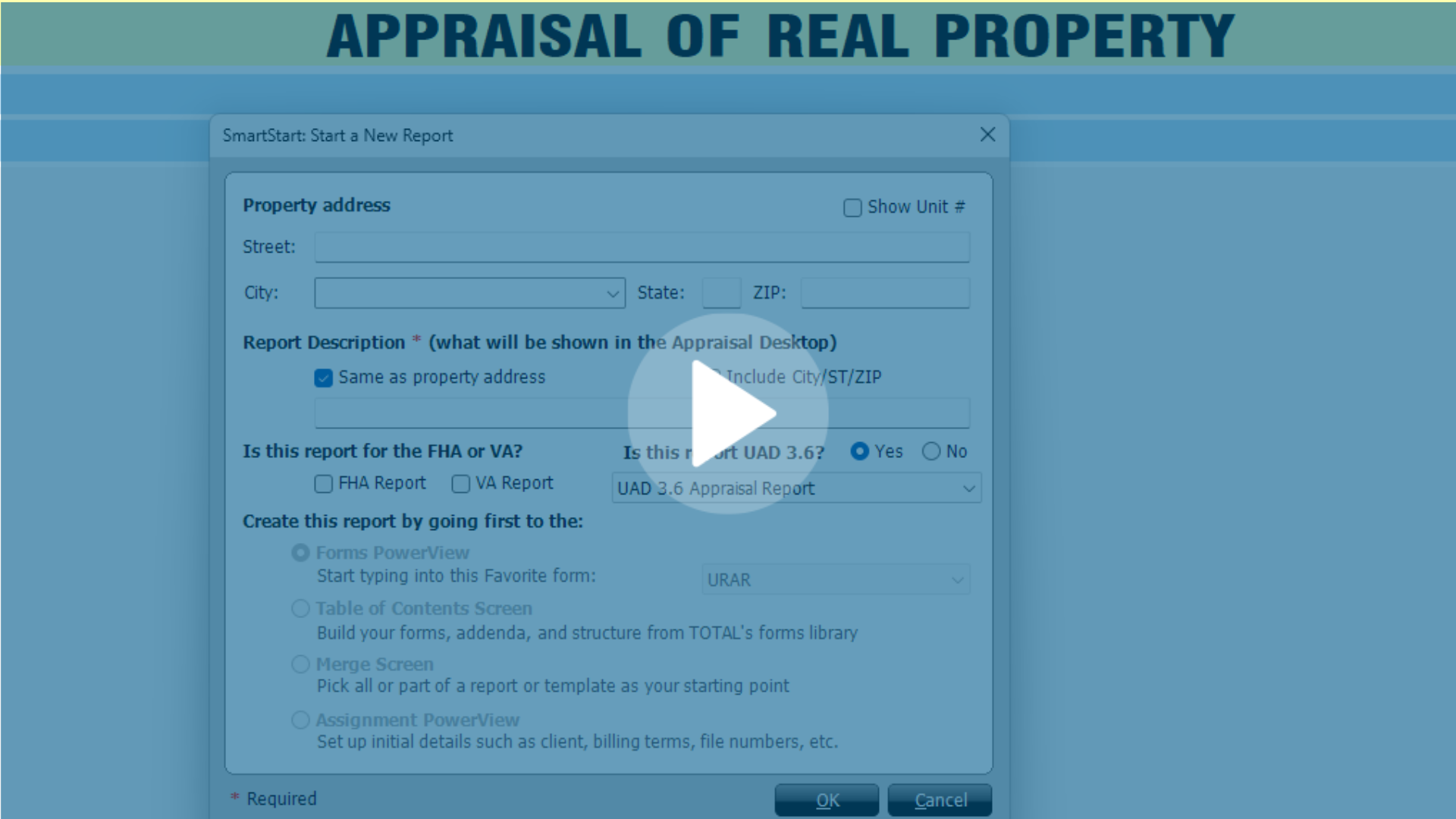


.png)
-1.png)

.png)

.png)
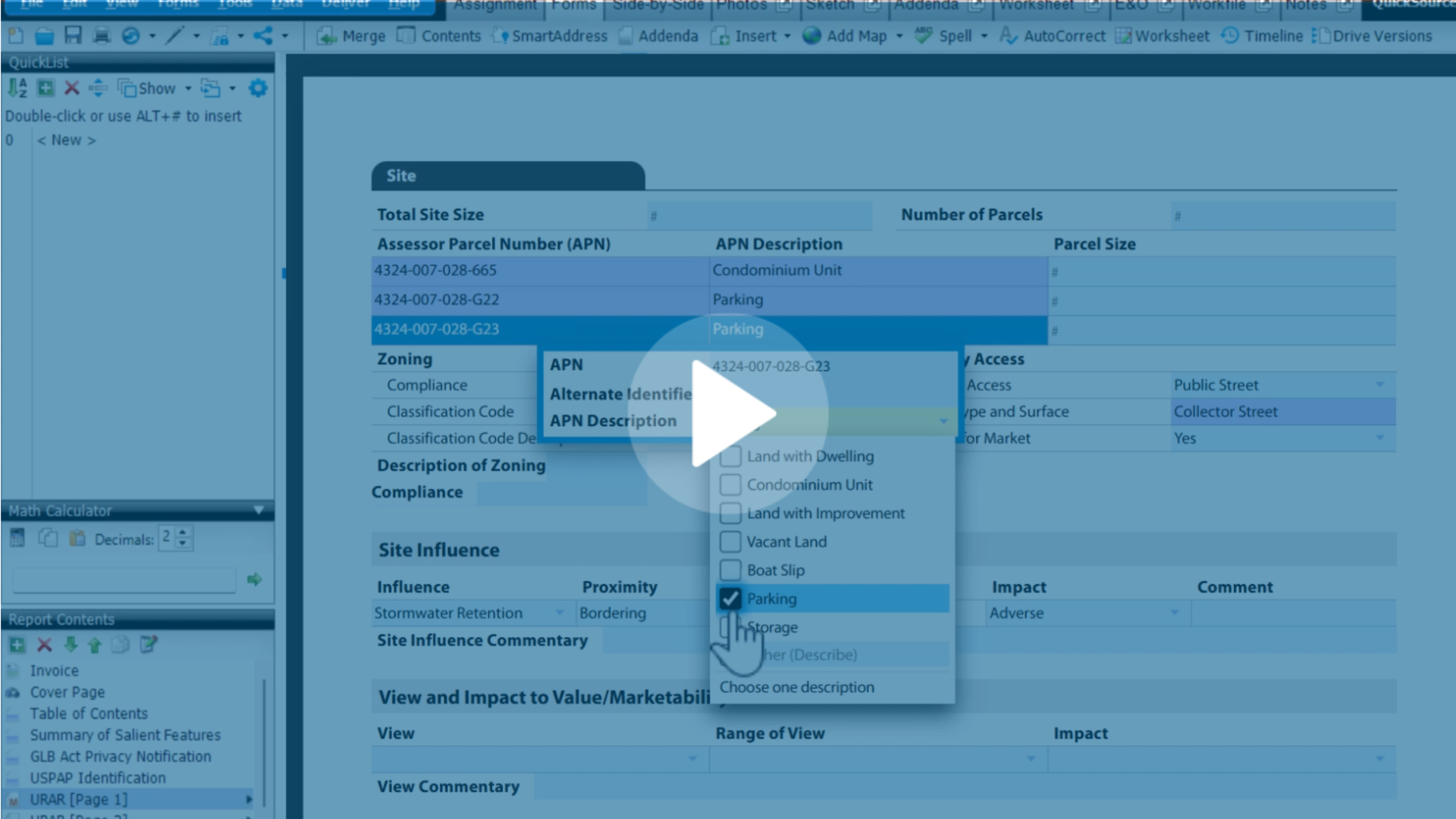
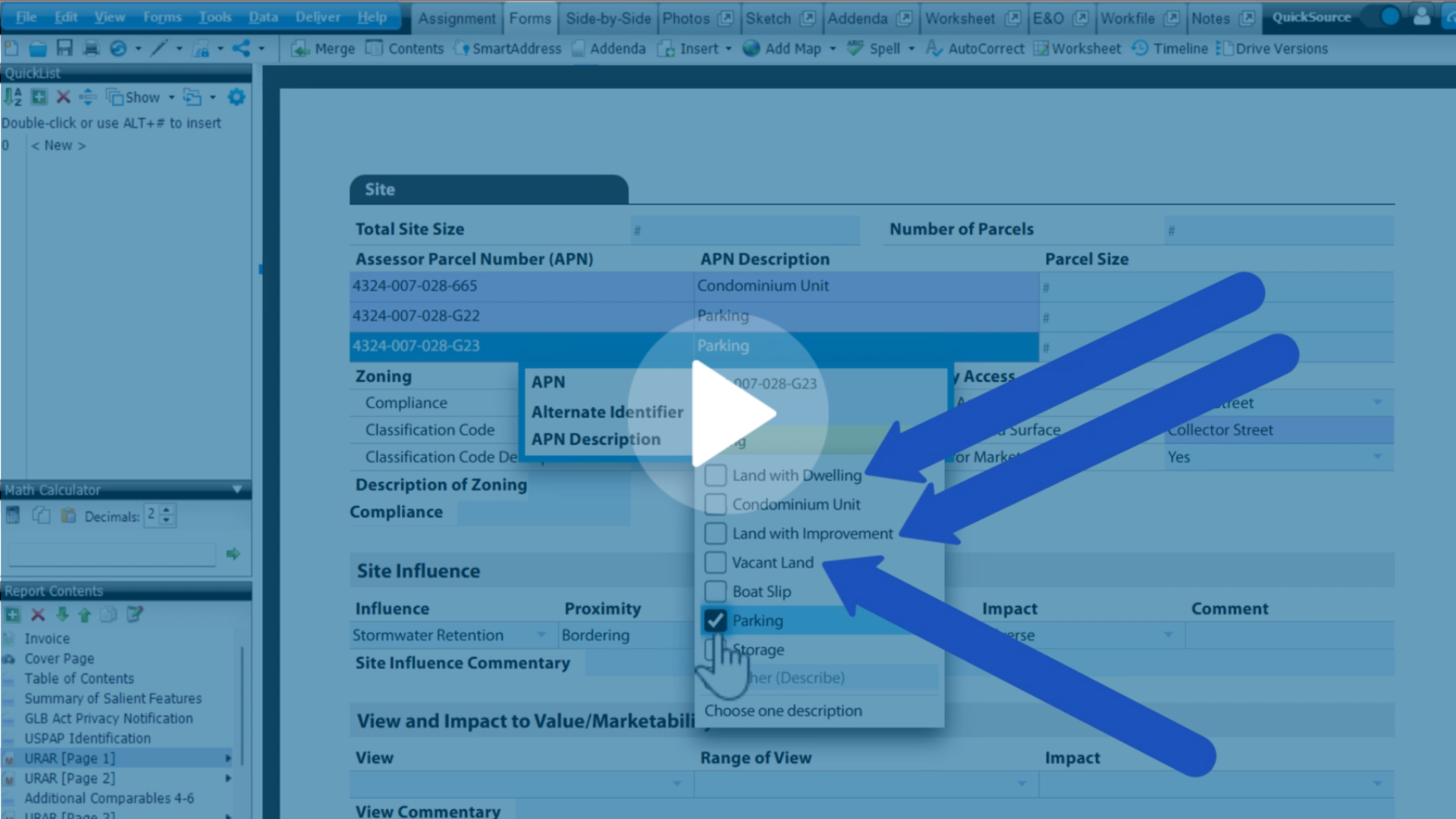
.png)
.png)

.jpg)
.png)

-1.png)









